GRAY — Four days ago, when there was lots of fresh snow on the ground, the bears laid low, turtles were still in the fridge hibernating and one sociable mountain lion eagerly greeted visitors with an it’s-been-too-long lean against the glass.
The hustle was on for everyone but those with fur, feathers, flippers or fins. On Monday, it’s go time at the Maine Wildlife Park.
The park has seen record attendance five of the past six years, with more than 124,000 visitors in 2018 watching the ambling porcupine, admiring the lanky lynx and flinging treats for the bears.
“There’s people from around the country, but also around the world,” said Superintendent Curt Johnson. “They all want to see a moose, of course. That’s the highlight.”
George, the park’s exceptionally old moose, died over the winter, but three others remain, including Maggie, the YouTube star who befriended a German shepherd when she was just days old last summer.
She’ll join the larger paddock in a few weeks. Some of last year’s visitors came just to see the cute calf who turns 1 in May, according to Johnson.
“You’d have people that saw George when he was little and now they have their own children (seeing Maggie),” he said.
George, at nearly 15, “not only is that the oldest moose that we’ve ever had, even nationally and globally, we don’t know of any other 15-year-old moose in captivity,” Johnson said.
“It’s very hard to keep a moose,” he added. “They can eat up to 50 pounds of browse (buds, twigs, leaves and bark) in a day, so providing a captive moose with that much browse to keep it healthy is like a full-time job.”
The Maine Wildlife Park is home to 30 species and about 100 animals no longer able to live in the wild. Johnson suspects upgraded enclosures are driving visitor numbers.
Decades ago, “there was a lot of concrete and chain link and that was kind of an industry standard for years and years,” he said. “Times have changed; the park has changed with those times. We’ve made the naturalistic presentation of the wildlife a top priority. We’re trying to create habitats that represent those habitat components that they’d be associated with in the wild.”
Think rocky dens, hollowed-out logs, live trees.
The park’s latest exhibit, backyard birds, is built in the round as an immersive experience with birds inside a circle of cages and also overhead. So far, it includes a robin, a grackle and three crows.
The exhibit is slated for a May 4 grand opening after finishing touches.
They are wildlife the park hasn’t had before, displayed in a way the park has never tried before, Johnson said. He’d eventually also like to see cardinals, blue jays and chickadees inside, as they become available. (And yes, it could lead to some unwelcome overhead surprises for visitors. Birds happen.)
Next year, the park is planning a major expansion and renovation of its nature store, and as part of that, space for a future Game Farm Museum in 2021.
The park started as a state-run ring-necked pheasant farm back in 1931, Johnson said, raising tens of thousands of birds each year to stock the woods for hunters before slowly turning into the self-sufficient wildlife center it is today starting in the 1990s.
“We started collecting admission fees — prior to that it had just been a barrel — you threw money in it,” Johnson said. Visitors also used to drive through in cars, seeing what animals had been dropped off. “It’s a very interesting evolution and a very interesting history and that’s what we want to capture in this Game Farm Museum.”
The park’s season this year runs from April 15 to mid-November. In his 13-year tenure as park superintendent, Johnson didn’t remember ever dealing with so much April ice in the home stretch to the opening.
Employees, volunteers and work crews have been out chipping for weeks. He banked on weekend temperatures to do the rest.
“We want to be open for the full length of the school break,” Johnson said. “A few years ago, we had over 10,000 people that first week — you’re talking 12% of our business for the year. People want to get out and do something after a long winter.”
So, starting Monday, say hi to the finally-venturing-out bears or wish one of the turkey vulture’s a happy birthday — at about 40 years old, it’s the oldest animal in the park.
kskelton@sunjournal.com
Send questions/comments to the editors.


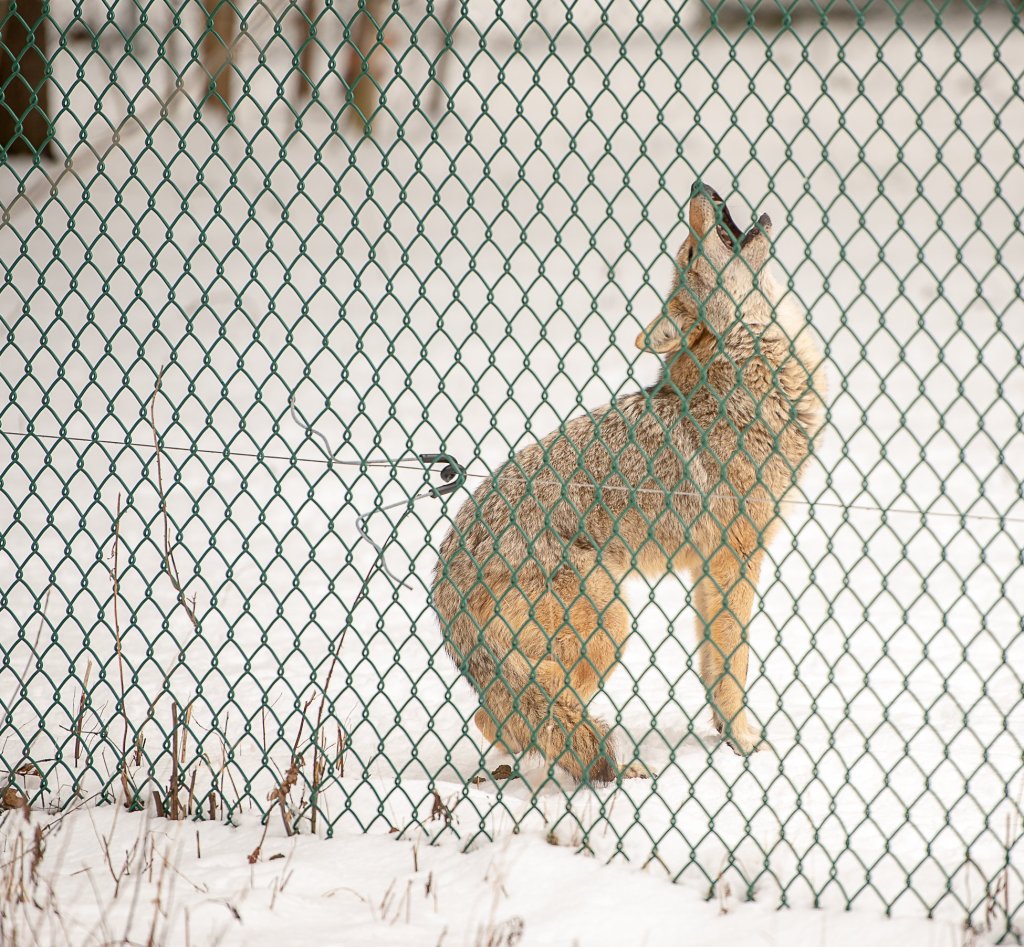
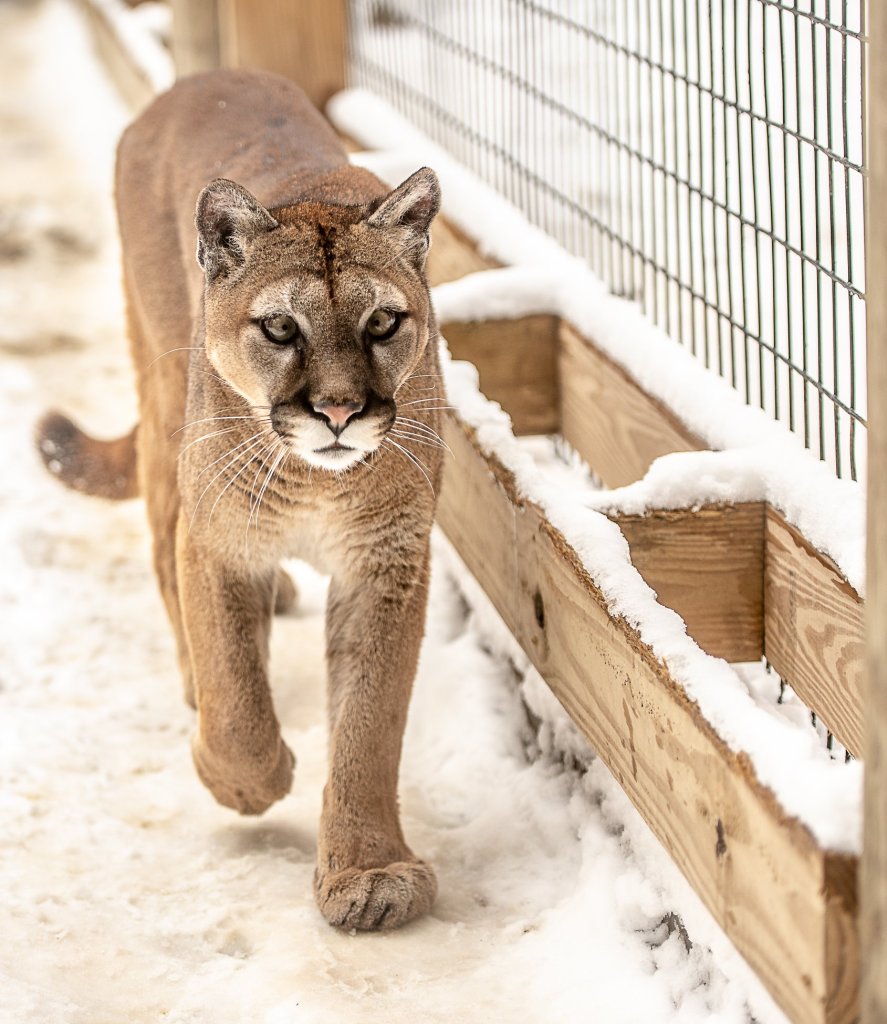
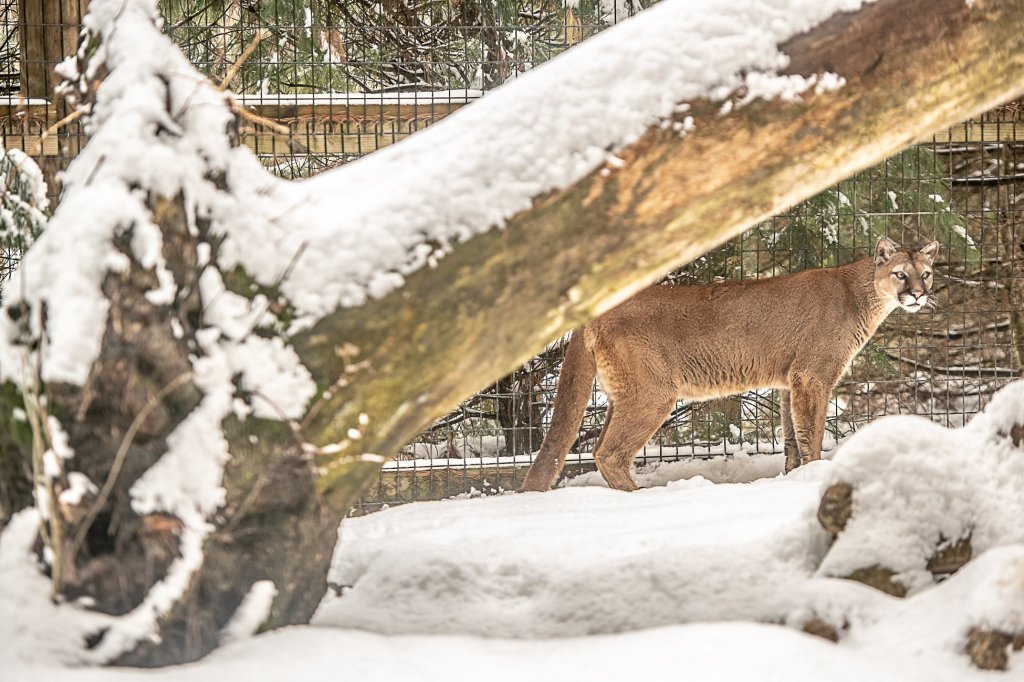
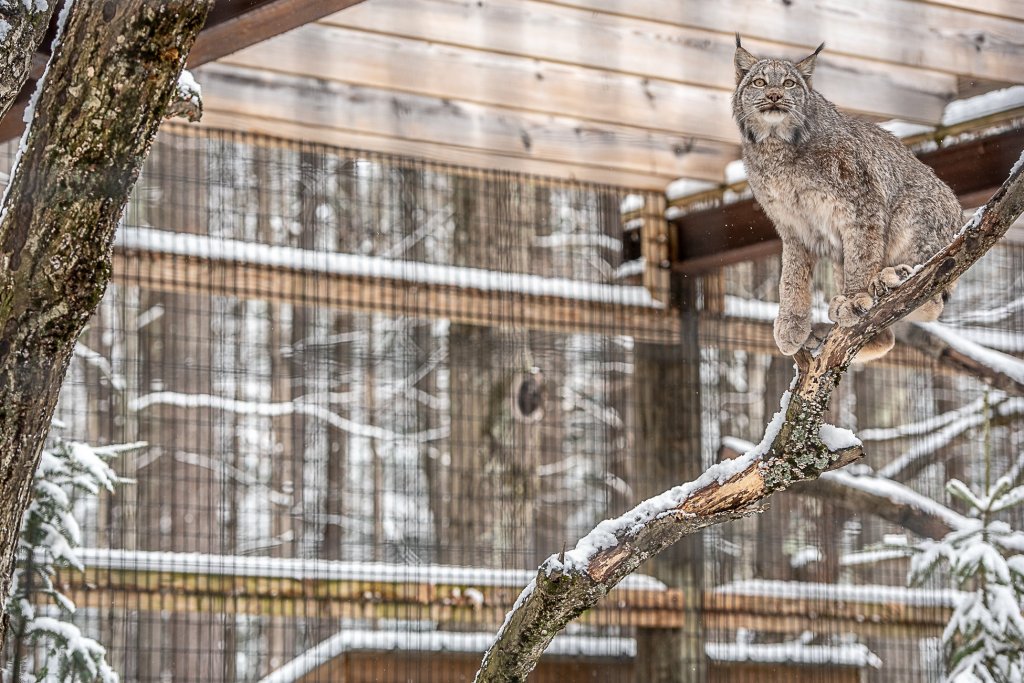
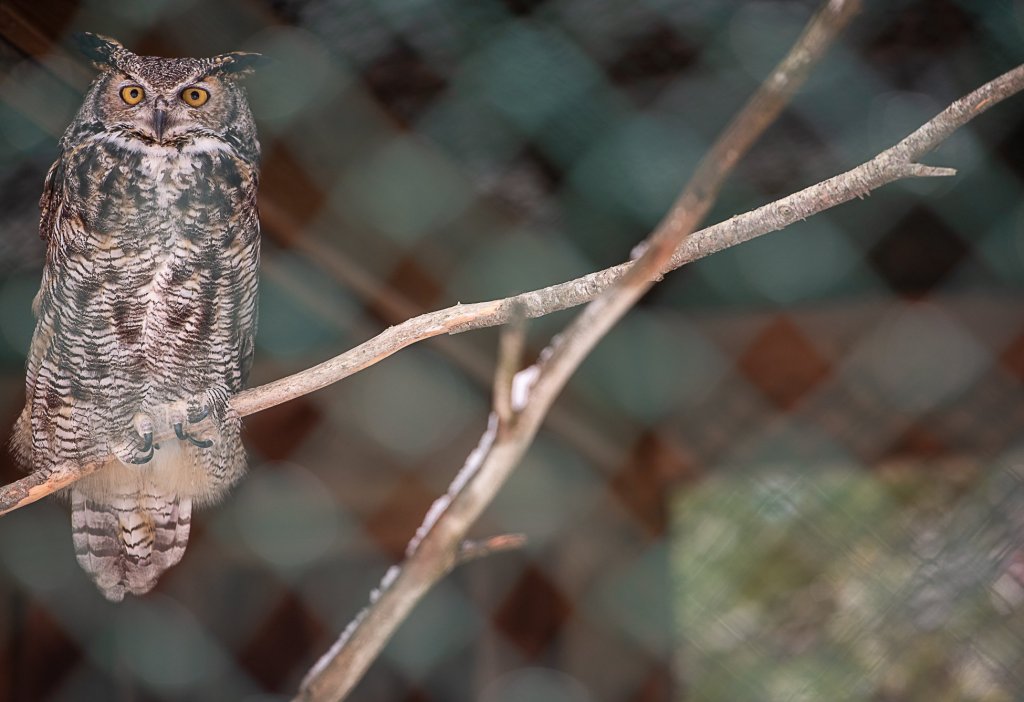
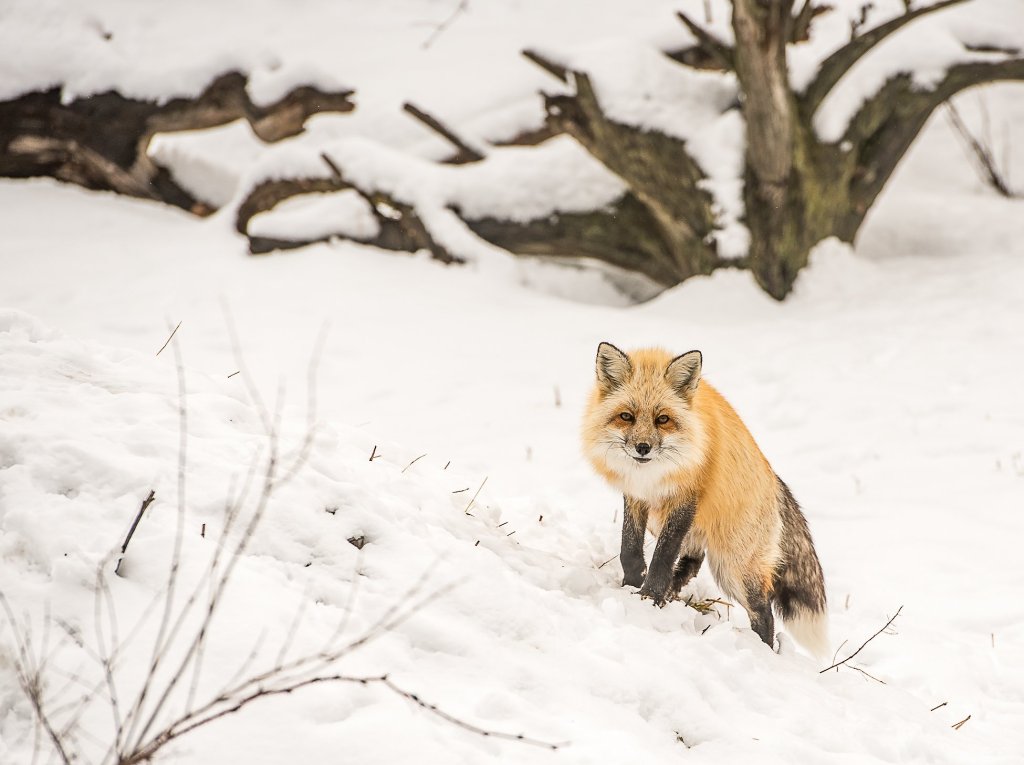
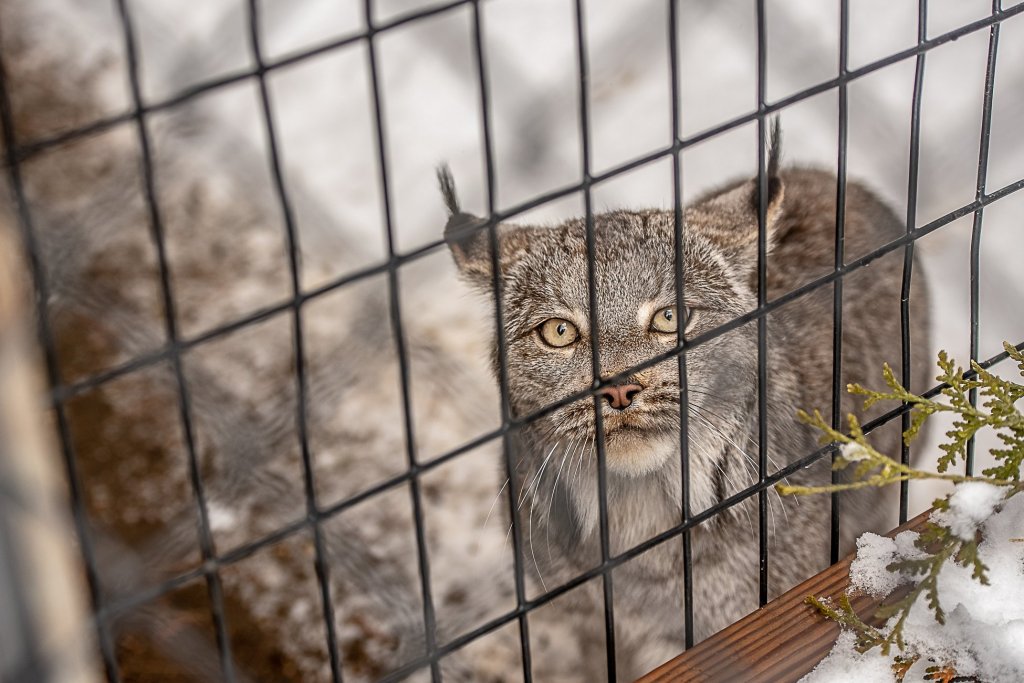
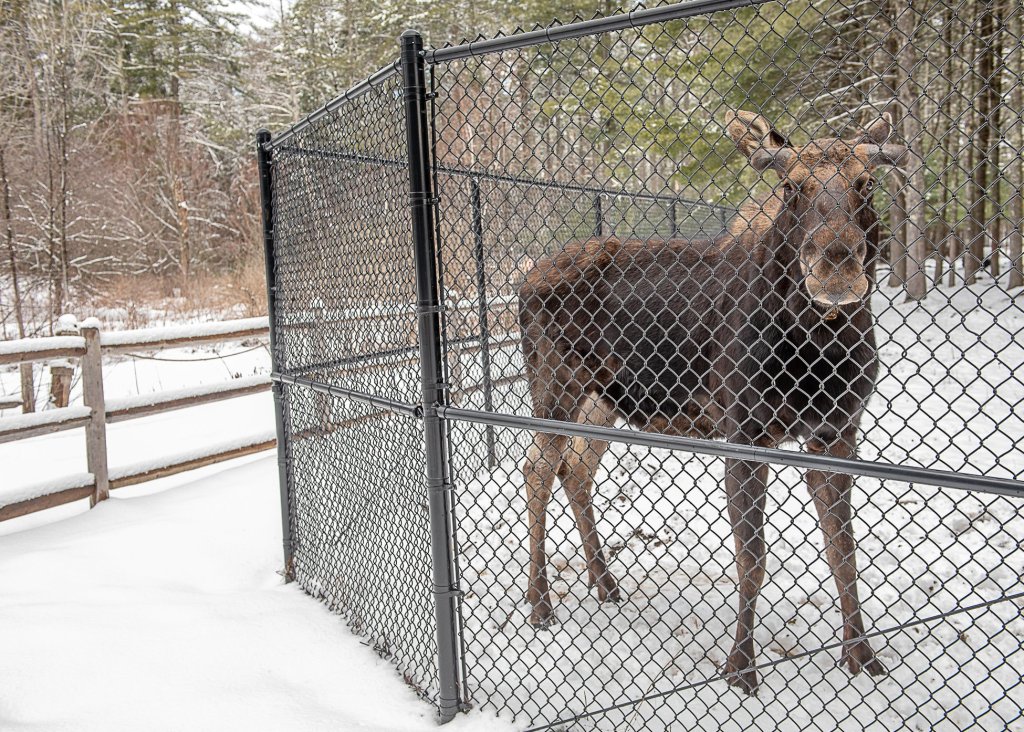
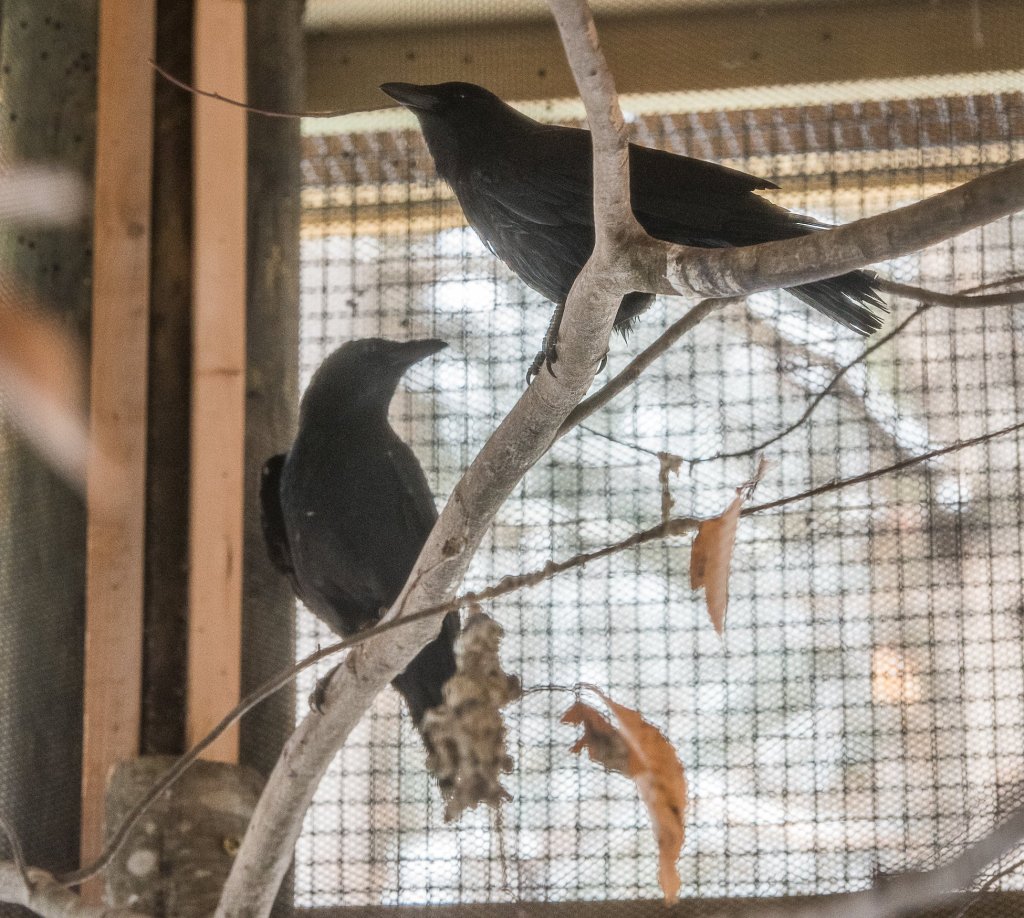
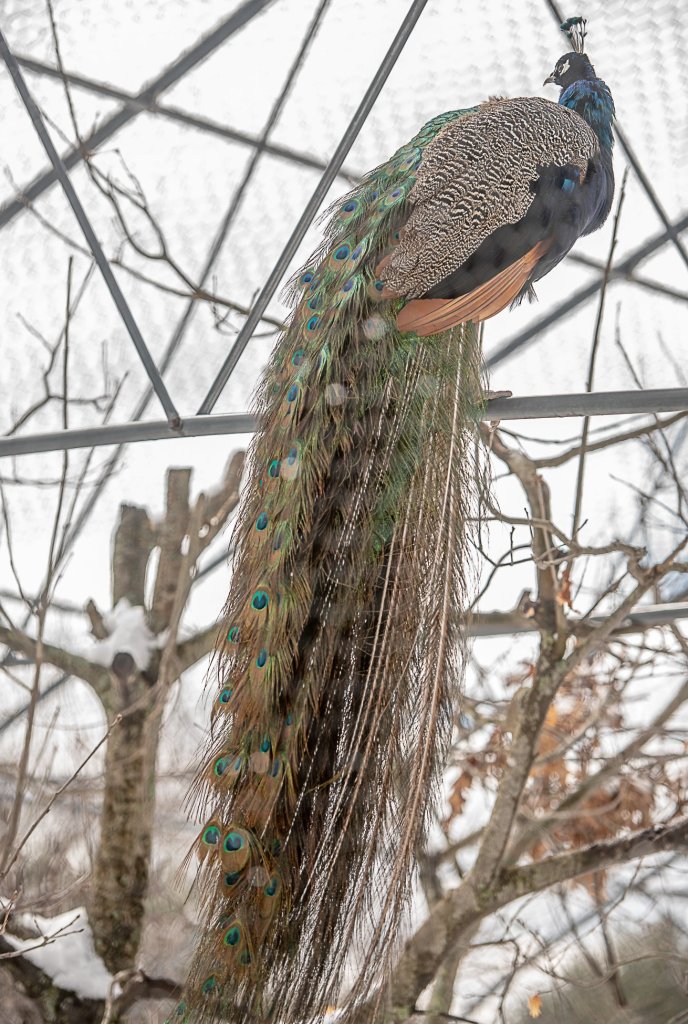
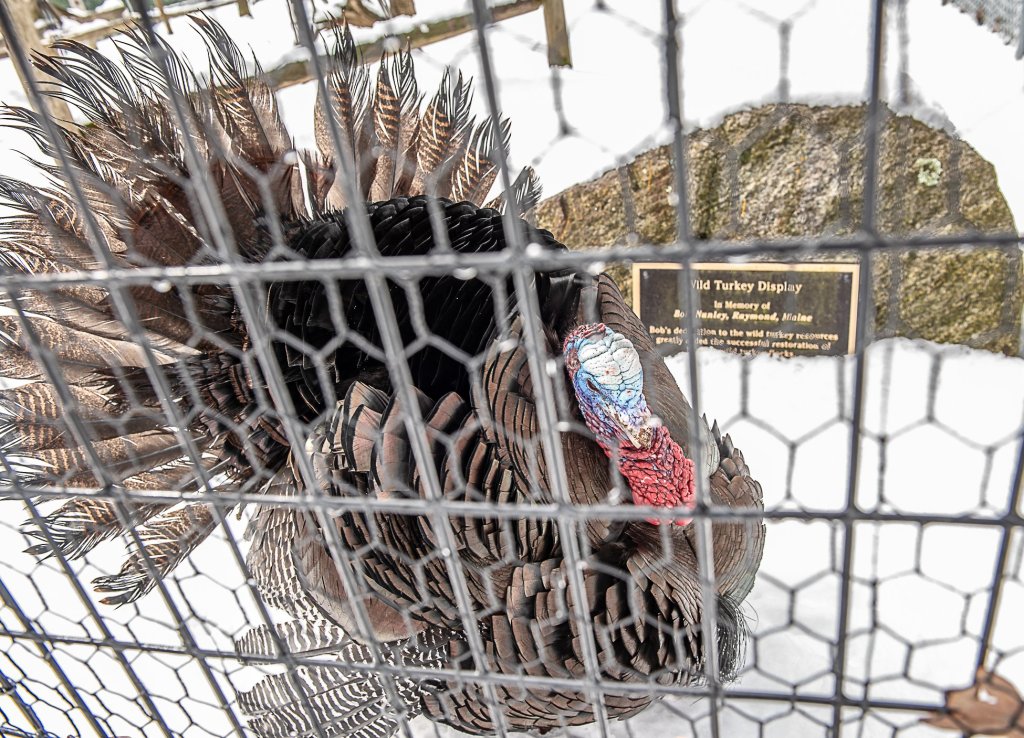
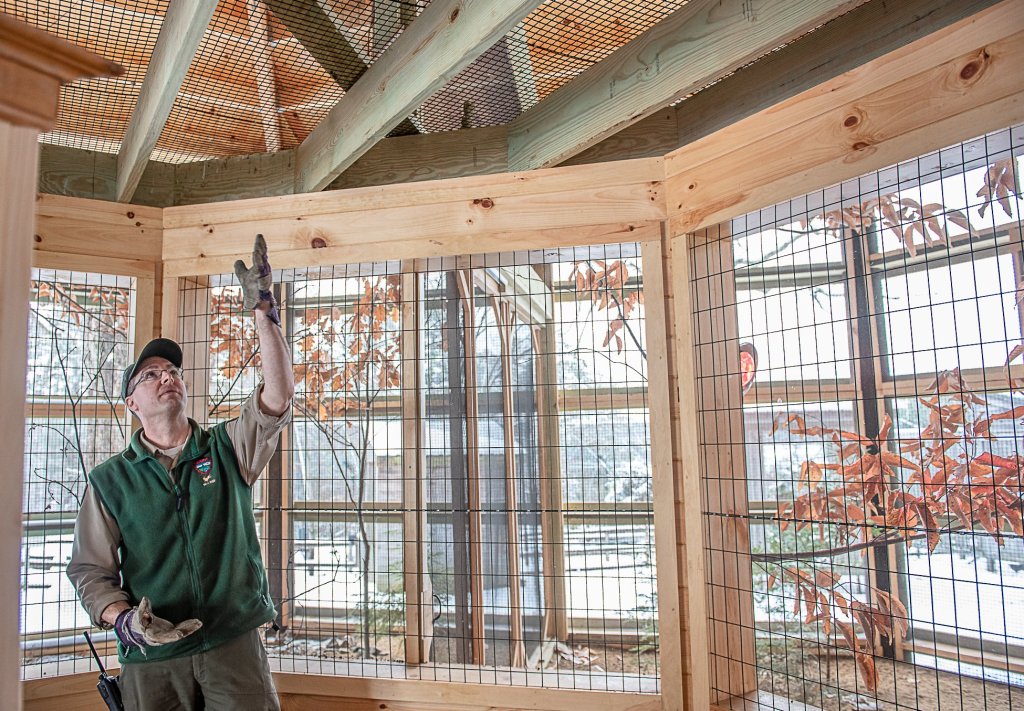

Comments are no longer available on this story